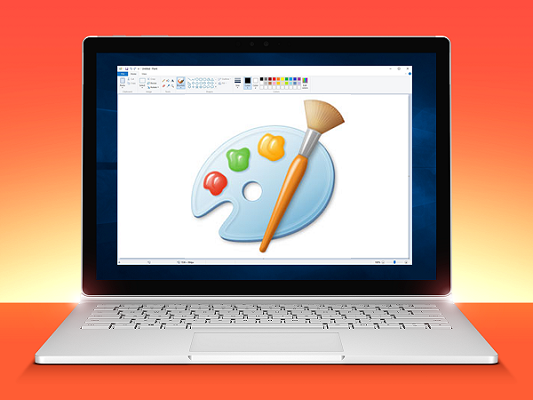The Evolution of AI: From Siri to Complex Algorithms
Artificial Intelligence (AI) has come a long way since the days of simple virtual assistants like Siri and Elsa. Today, AI algorithms and applications have evolved to handle complex tasks in various industries, including stocks and shares, medicine, and trade. In this article, we will explore the top 10 AI apps that are leading the way in the present and shaping the future of AI.
1. Stock Trading Algorithms
AI-powered stock trading algorithms have revolutionized the way financial markets operate. These algorithms analyze vast amounts of data, including market trends, news, and historical patterns, to make informed trading decisions in real-time. By leveraging machine learning and predictive analytics, these apps can identify profitable trading opportunities and execute trades with speed and precision.
2. Medical Diagnosis Systems
AI is making significant contributions to the field of medicine through advanced diagnostic systems. These apps use machine learning algorithms to analyze medical data, such as patient records, lab results, and imaging scans, to assist doctors in making accurate diagnoses. By quickly identifying patterns and anomalies, these apps can help healthcare professionals provide more efficient and personalized treatments.
3. Virtual Personal Assistants
While Siri and similar virtual assistants laid the foundation for AI, the technology has progressed to create more sophisticated virtual personal assistants. These apps can perform a range of tasks, from scheduling appointments and sending messages to conducting internet searches and providing personalized recommendations. They learn from user interactions and continuously improve their capabilities to better assist users.
4. Autonomous Vehicles
The development of self-driving cars is a remarkable achievement in the AI world. These vehicles use a combination of sensors, cameras, and AI algorithms to navigate roads, detect obstacles, and make real-time decisions. Autonomous vehicles have the potential to revolutionize transportation by improving road safety, reducing traffic congestion, and providing mobility solutions for people with disabilities.
5. Natural Language Processing (NLP) Apps
NLP apps enable machines to understand and interpret human language. They can analyze text, speech, and even emotions to provide meaningful responses and insights. NLP apps are used in various applications, such as chatbots, language translation, sentiment analysis, and voice assistants.
6. Fraud Detection Systems
AI-powered fraud detection systems help businesses identify and prevent fraudulent activities. These apps analyze large volumes of data, such as transaction records and user behavior patterns, to detect suspicious activities and flag potential fraud. By leveraging machine learning algorithms, these systems can continuously adapt and improve their ability to detect new and evolving fraud techniques.
7. Recommendation Engines
Recommendation engines are AI apps that provide personalized recommendations based on user preferences and behavior. These apps are commonly used in e-commerce, streaming platforms, and social media. By analyzing user data and applying collaborative filtering and machine learning techniques, recommendation engines can suggest products, movies, music, or content that align with the user’s interests.
8. Speech Recognition Systems
Speech recognition systems enable machines to convert spoken language into written text. These apps have applications in transcription services, voice assistants, and voice-controlled devices. By leveraging deep learning algorithms, speech recognition systems have significantly improved their accuracy and are now capable of understanding and transcribing speech with high precision.
9. Robotics and Automation
AI-powered robots and automation systems are transforming industries by performing repetitive and complex tasks with precision and efficiency. From manufacturing to healthcare, these robots can handle tasks that are dangerous or time-consuming for humans. By combining AI algorithms with advanced sensors and actuators, robots can adapt to different environments and perform a wide range of tasks.
10. Personalized Learning Apps
AI is reshaping the education sector through personalized learning apps. These apps use adaptive learning algorithms to tailor educational content and activities to individual students’ needs and abilities. By analyzing student performance and providing targeted feedback, personalized learning apps can enhance student engagement and improve learning outcomes.
In conclusion, the AI world has evolved from simple virtual assistants to complex algorithms capable of handling large-scale programs in various industries. The top 10 AI apps discussed in this article represent the forefront of AI innovation, shaping the present and future of technology.



